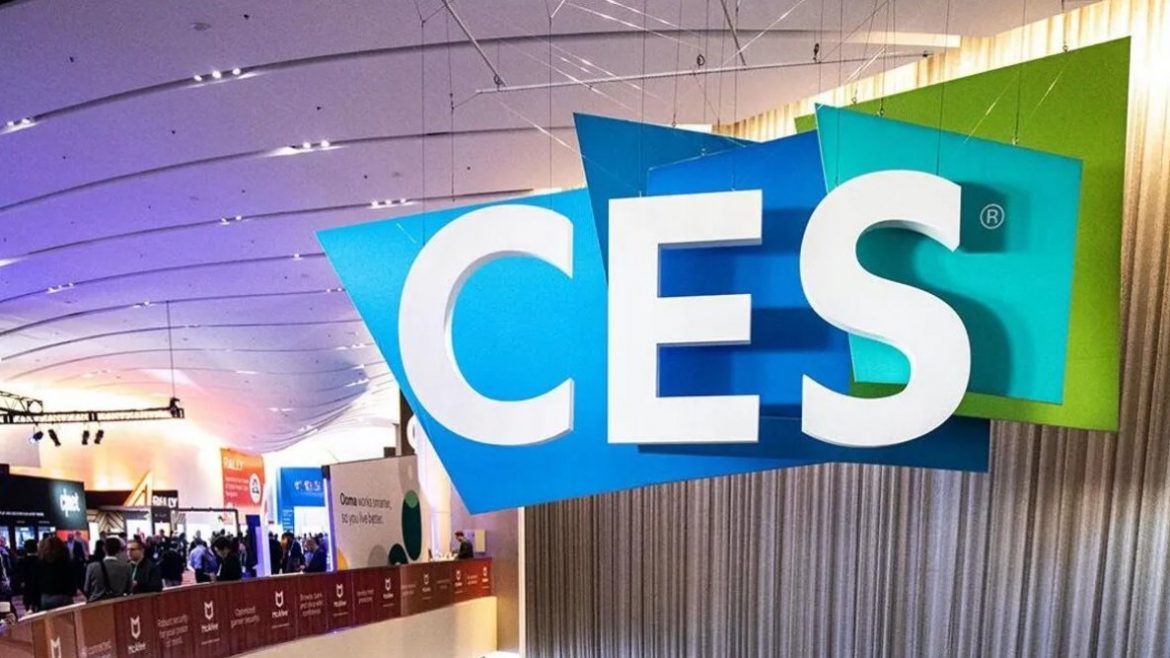As the automotive landscape evolves, artificial intelligence (AI) is emerging as the new driving force for car buyers. Established automakers are intensifying efforts to keep pace with digital innovations, aiming to match the distinctive features that set Tesla, BYD, and other new rivals apart. This transformation, discussed at the CES technology show in Las Vegas, signals a significant shift from the traditional emphasis on horsepower and towing capabilities to a focus on software-driven enhancements in the fast-changing world of automotive technology.
The challenge of “software-defined vehicles”
Despite Tesla’s decade-old debut of cars with over-the-air upgradable software, traditional automakers are lagging in developing what the industry terms “software-defined vehicles.” The transition to cars dominated by software presents challenges, requiring higher standards for durability and safety compared to consumer electronics. Established AI systems like ChatGPT are error-prone and evolve more rapidly than traditional automotive product cycles, posing a steep challenge for automakers.
Mercedes-Benz’s beta program with ChatGPT AI
In a notable move, Mercedes-Benz has initiated a “beta program” to explore the benefits of integrating ChatGPT artificial-intelligence technology into their vehicles. This marks a departure from the conventional approach, reflecting a shift in the automotive industry’s mindset. Mercedes is adapting its IT infrastructure, manufacturing lines, and dealer processes to accommodate faster over-the-air updates, challenging the traditional two-to-four-year product cycles.
General Motors’ software struggles
Efforts by established automakers to match the software capabilities of tech-focused companies have incurred substantial costs, with mixed results. General Motors recently halted sales of its Chevrolet Blazer EV due to customer complaints about software-related glitches. Unlike Tesla’s over-the-air updates, GM is opting for traditional dealer repair visits, underscoring the challenges in replicating Tesla’s efficiency.
Volkswagen’s overhaul and partnership with ChatGPT
Volkswagen, having faced setbacks in its software operations, recently announced a partnership with Cerence, a US software developer, to integrate ChatGPT into its cars. This strategic move aligns with the industry trend of seeking collaboration with technology partners to accelerate software development. Volkswagen acknowledges the need to adapt to the different working methodologies of software companies for successful integration.
China’s EV market intensity
The battleground for established automakers like Volkswagen and Mercedes, as well as newcomers, is most intense in China’s fast-growing electric vehicle (EV) market. Chinese brands, including BYD, are gaining market share with in-vehicle displays offering advanced infotainment functions. Deals at CES reveal Chinese automakers’ focus on acquiring powerful chips from Nvidia and Intel to enhance the intelligence of their vehicles, presenting a significant challenge to foreign brands.
Joint ventures as a strategy
Recognizing the need for expertise in software, Japanese automaker Honda formed a joint venture with Sony, a consumer technology and gaming company. The Sony Honda Mobility venture aims to combine Honda’s engineering experience with Sony’s software and gaming expertise for a new line of EVs scheduled for 2025. This collaborative approach reflects an industry-wide recognition that standalone automakers may struggle to match evolving software capabilities.
Monetizing software features
While developing and launching new software features is a challenge, getting consumers to pay for them presents another hurdle. Some automakers are experimenting with subscription fees for features like partially automated driving. However, a survey by Deloitte indicates that only 25% of consumers are willing to pay extra for software-powered features. Industry insiders suggest automakers have a limited window of “three to five years, max” before such features become commoditized.
The automotive industry is undergoing a transformative phase, shifting from traditional metrics of performance to a focus on software-driven enhancements. Established automakers are grappling with the challenges of adapting to the rapid pace of technological evolution, as highlighted by the struggles of General Motors and Volkswagen. Collaborative ventures and partnerships, like Mercedes’ beta program and Volkswagen’s collaboration with Cerence, underscore the industry’s recognition of the need to embrace external expertise. As the race for software-defined vehicles intensifies, automakers face not only technical challenges but also the task of convincing consumers to invest in the next era of automotive innovation.



